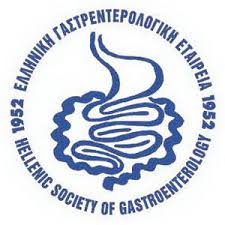Background A pilot study was conducted to determine the effects of Spirulina (Arthrospira platensis) on Cretan patients with non-alcoholic fatty liver disease (NAFLD). Spirulina is a filamentous cyanobacterium taken as a dietary supplement.Methods Fifteen adult Cretan outpatients (13 men), median age 48 (range: 29-62) years, with NAFLD were orally supplemented with 6 g of Spirulina (Greek production) per day for six months. Anthropometric characteristics (height, weight, waist circumference), systolic and diastolic blood pressure, complete blood count, biochemical assessments, homeostasis model assessment of insulin resistance (HOMA-IR) index, health-related quality of life and abdominal sonographic findings were recorded and measured, before and after Spirulina supplementation.Results At the end of the 6-month intervention period, the mean levels of aspartate aminotransferase, alanine aminotransferase, gamma-glutamyltransferase, triglycerides, low-density lipoproteincholesterol, total cholesterol, and the ratio of total cholesterol to high-density lipoprotein cholesterol were significantly decreased: 38.5%, 37.5%, 26.7%, 24.8%, 9.6%, 9.1%, and 13.5% respectively, whereas the mean levels of high-density lipoprotein-cholesterol and hemoglobin were significantly increased: 4.2% and 4.1% respectively. Spirulina supplementation resulted also in a significant reduction in weight and HOMA-IR index (8.1% and 19.6% respectively) and a significant improvement in healthrelated quality of life scale. No changes in sonographic findings were observed.Conclusion Spirulina supplementation at a high dosage of 6 g daily in NAFLD patients has strong and multiple beneficial metabolic effects and improves their health-related quality of life.Keywords Arthrospira, lipids, liver, NAFLD, spirulina, steatosisAnn Gastroenterol 2014; 27 (4): 387-394
(EN)

